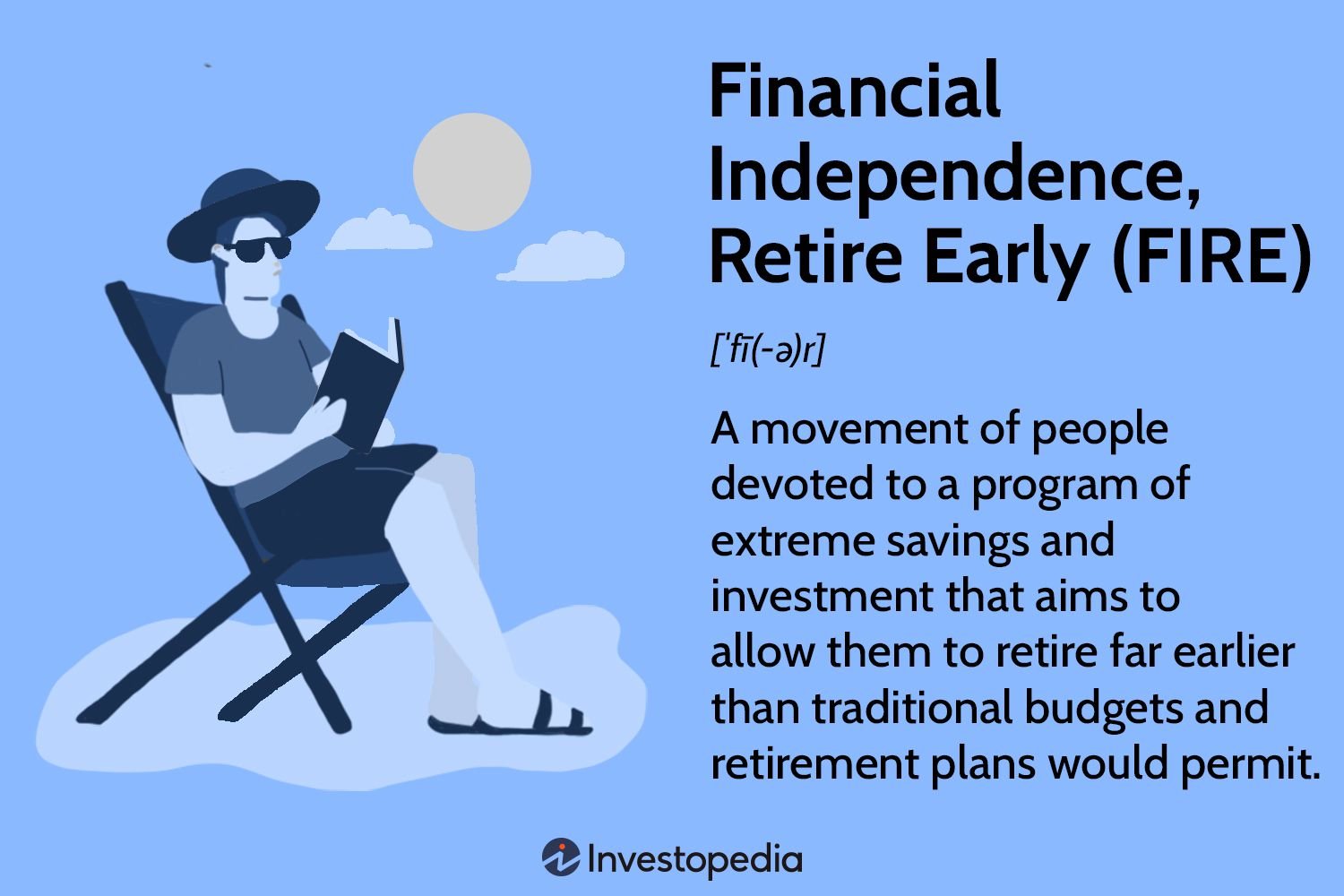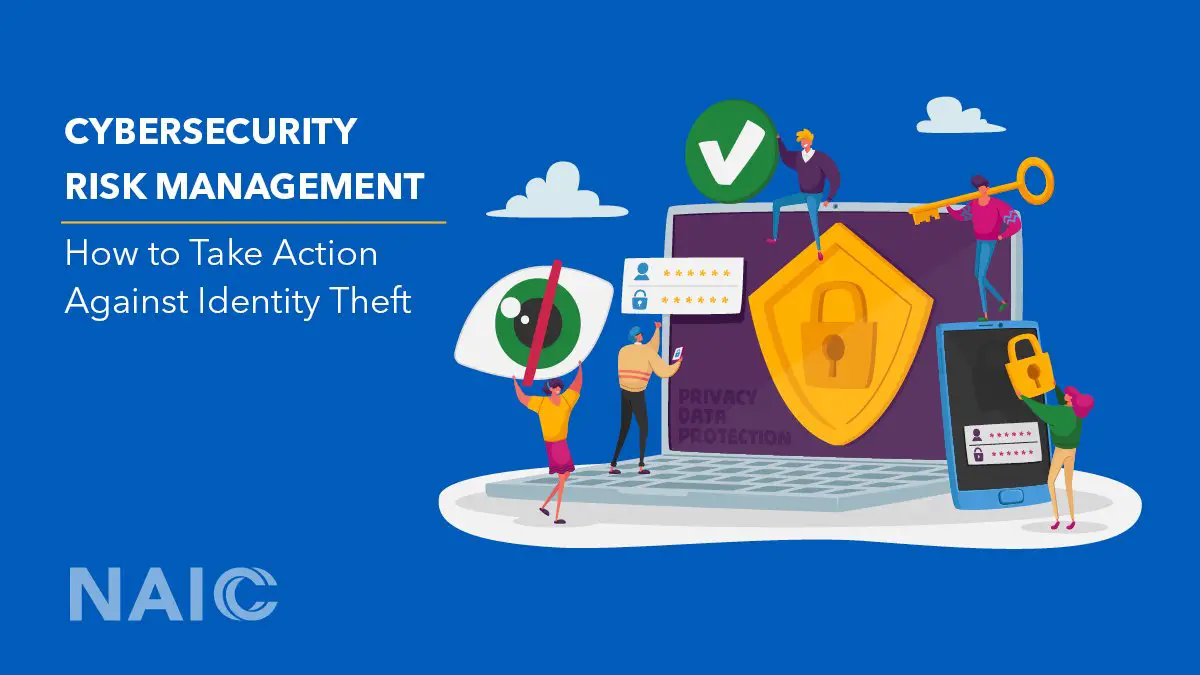Are you dreaming of financial independence and early retirement? Wondering how to make it a reality? Look no further! In this blog article, we will explore practical steps to help you prepare for a future where you have the freedom to live life on your terms. Whether you’re just starting your career or nearing retirement age, these actionable tips will guide you on your path to financial independence and early retirement. Let’s dive in and explore how to prepare for financial independence and early retirement without delay.
How to Prepare for Financial Independence and Early Retirement
Introduction
Welcome to our comprehensive guide on how to prepare for financial independence and early retirement. Achieving financial independence and retiring early is a dream for many individuals, but it requires careful planning, discipline, and a solid financial strategy. In this article, we will provide you with valuable insights and actionable steps to help you on your journey towards financial independence and early retirement.
1. Assess Your Current Financial Situation
Before you embark on your path to financial independence and early retirement, it’s crucial to assess your current financial situation. This evaluation will provide a starting point and help you understand where you stand financially. Here’s how you can assess yourself:
A. Calculate Your Net Worth
Determining your net worth is the first step towards evaluating your financial status. To calculate your net worth, follow these steps:
- List down all your assets, including savings, investments, real estate, and retirement accounts.
- Subtract your liabilities, such as mortgages, loans, and credit card debts, from your total assets.
- The remaining amount is your net worth.
B. Review Your Income and Expenses
Understanding your income and expenses is crucial for planning your financial independence and early retirement. Analyze your monthly income from all sources and break down your expenses into categories. This will give you a clear picture of where your money is going and help identify areas where you can potentially save.
C. Evaluate Your Debt
Assess your outstanding debts, including student loans, credit card debts, and mortgages. Make a plan to tackle your debts and prioritize paying them off. Reducing debt will increase your financial stability and move you closer to achieving your goal of early retirement.
2. Create a Financial Independence Plan
Now that you have a clear understanding of your current financial situation, it’s time to create a plan for achieving financial independence and early retirement. Here are the key steps:
A. Set Clear Goals
Define your financial independence and early retirement goals. Be specific about the age you want to retire, the lifestyle you desire, and the amount of money you need to sustain it. Setting clear goals will provide a roadmap for your journey and help you stay focused.
B. Determine Your Financial Independence Number
Your financial independence number is the amount of money you need to accumulate to sustain your desired lifestyle without relying on active income. Calculate your annual expenses and multiply them by the number of years you plan to be financially independent. This will give you a target savings goal to work towards.
C. Develop a Savings and Investment Strategy
To achieve your financial independence number, you need to adopt a disciplined savings and investment strategy. Consider the following approaches:
- Maximize contributions to retirement accounts such as 401(k)s and IRAs.
- Explore low-cost index funds or exchange-traded funds (ETFs) for long-term investment growth.
- Diversify your investments to minimize risk.
- Allocate a percentage of your income towards high-yield savings or investment accounts.
- Consider real estate or other alternative investments for additional income streams.
3. Minimize Expenses and Optimize Savings
Reducing expenses and optimizing your savings rate is essential for accelerating your journey towards financial independence and early retirement. Here are some strategies to help you achieve this:
A. Budgeting and Tracking Expenses
Create a detailed budget that outlines your monthly expenses and tracks your spending. This will help you identify areas where you can cut back and save more. Utilize budgeting apps or spreadsheets to simplify the process and monitor your progress.
B. Prioritizing Frugality
Embrace a frugal mindset and prioritize needs over wants. Look for ways to reduce costs without sacrificing your quality of life. Consider strategies such as meal planning, negotiating bills, and avoiding unnecessary purchases.
C. Paying Off High-Interest Debts
High-interest debts can significantly impact your ability to save and invest. Prioritize paying off debts with high interest rates to free up more money for savings and investments. Implement strategies like the debt snowball or debt avalanche method to effectively pay off debts.
D. Automating Savings and Investments
Automate your savings and investment contributions to ensure consistency and discipline. Set up automatic transfers from your paycheck to retirement accounts or separate savings accounts. This way, you won’t be tempted to spend the money before saving or investing it.
4. Continuously Educate Yourself
To effectively prepare for financial independence and early retirement, continuous education is key. Stay updated with financial news, investment strategies, and personal finance best practices. Here are a few ways to enhance your financial knowledge:
A. Read Books and Personal Finance Blogs
Invest in personal finance books that cover topics like investing, budgeting, and retirement planning. Additionally, follow reputable personal finance blogs that provide valuable insights and practical tips.
B. Attend Seminars and Webinars
Participate in seminars and webinars conducted by financial experts. These events offer the opportunity to learn from industry professionals and gain valuable insights into managing your finances.
C. Seek Professional Advice
Consider consulting with a financial advisor who specializes in early retirement planning. They can provide personalized guidance based on your specific financial situation and help you create a tailored plan.
Achieving financial independence and early retirement is an attainable goal with proper planning, discipline, and a solid financial strategy. By assessing your current financial situation, creating a plan, minimizing expenses, optimizing savings, and continuously educating yourself, you can pave the way towards financial freedom. Start taking the necessary steps today, and enjoy the benefits of financial independence and early retirement in the future.
10 Levels of Financial Independence And Early Retirement | How to Retire Early
Frequently Asked Questions
Frequently Asked Questions (FAQs)
1. How can I start preparing for financial independence and early retirement?
To start preparing for financial independence and early retirement, you can take several steps. Begin by assessing your current financial situation, tracking your expenses, and creating a budget. Prioritize saving and investing by setting specific financial goals and automating your savings. Educate yourself about personal finance, investment options, and strategies for building wealth. Consider seeking professional advice from a financial planner to help you create a comprehensive retirement plan.
2. What are some effective ways to save money for early retirement?
There are various strategies to save money for early retirement. Some effective ways include cutting unnecessary expenses, living below your means, and avoiding unnecessary debt. Consider downsizing your living arrangements, reducing entertainment and dining-out costs, and negotiating better deals on essential expenses. Maximize your retirement contributions through employer-sponsored plans like a 401(k) or individual retirement accounts (IRAs). Additionally, explore investment opportunities that align with your risk tolerance and long-term financial goals.
3. How much money should I aim to have for financial independence and early retirement?
The amount of money you should aim to have for financial independence and early retirement depends on various factors, such as your desired lifestyle, anticipated expenses, and retirement goals. It’s recommended to aim for a retirement savings goal that will provide you with 70-80% of your pre-retirement income. Consider factors like healthcare costs, inflation, and potential sources of income during retirement. Consulting with a financial planner can help you determine a specific target amount based on your individual circumstances.
4. Is it necessary to pay off all debts before aiming for early retirement?
While it’s not always necessary to pay off all debts before aiming for early retirement, it’s generally advisable to reduce high-interest debts. Prioritize paying off high-interest credit card debts or loans with high interest rates that may hinder your ability to save and invest. However, if you have low-interest debts, it might be more beneficial to allocate your resources toward saving and investing for early retirement while making regular debt payments.
5. Should I consider additional sources of income for financial independence and early retirement?
Considering additional sources of income for financial independence and early retirement can provide more financial security and accelerate your savings. Explore opportunities for passive income, such as rental properties, dividends from investments, or creating an online business. Utilize your skills and expertise to offer freelance services or consultancy work. Diversifying your income streams can help you achieve your early retirement goals more efficiently.
6. How can I make sure my investments are aligned with my early retirement goals?
To ensure your investments are aligned with your early retirement goals, it’s crucial to have a diversified portfolio that balances risk and potential returns. Define your risk tolerance and investment timeframe, and consider asset allocation strategies that suit your goals. It’s beneficial to regularly review and rebalance your investment portfolio to maintain alignment with changing market conditions and your evolving retirement objectives. Seeking guidance from a financial advisor can also provide valuable insights.
7. Are there any tax implications when preparing for early retirement?
Yes, there can be tax implications when preparing for early retirement. It’s important to understand how different investment vehicles, such as traditional IRAs or Roth IRAs, may affect your tax situation. Consider the tax implications of withdrawing from retirement accounts before reaching the eligible age for penalty-free withdrawals. Consulting with a tax professional or financial advisor can help you navigate and optimize your tax strategy while preparing for early retirement.
8. How can I stay motivated and committed to my financial independence and early retirement goals?
Staying motivated and committed to your financial independence and early retirement goals requires discipline and a long-term perspective. Remind yourself of the benefits and freedom that early retirement can provide, such as spending more time with loved ones or pursuing hobbies and passions. Track your progress regularly and celebrate milestones along the way. Consider joining communities or online forums where you can connect with like-minded individuals who share similar goals. Continuously educate yourself about personal finance and early retirement strategies to stay inspired and focused on your journey.
Final Thoughts
To prepare for financial independence and early retirement, start by creating a comprehensive financial plan. Set clear goals and establish a budget that aligns with your objectives. Prioritize saving and investing, making use of retirement accounts and taking advantage of any employer-matching contributions. Reduce debt and strive to live within your means. Continuously educate yourself on personal finance and seek professional guidance when needed. Regularly review and reassess your plan, adjusting as necessary. By taking proactive steps and staying committed to your goals, you can successfully prepare for financial independence and early retirement. Now is the time to start taking action towards achieving your dreams of financial freedom.



